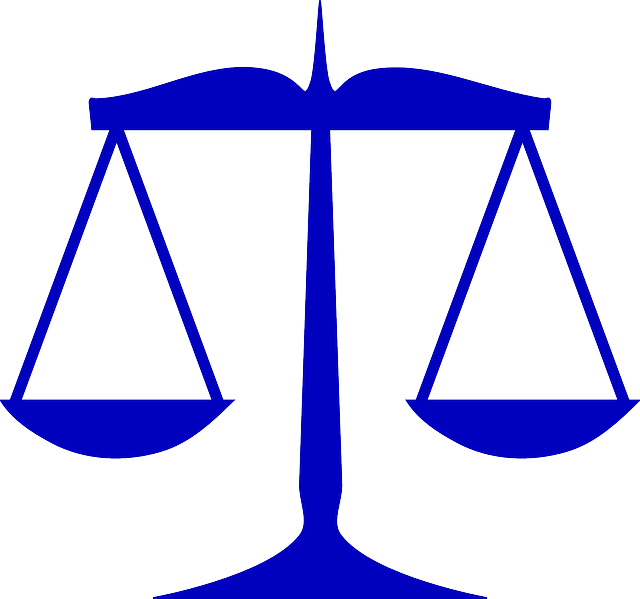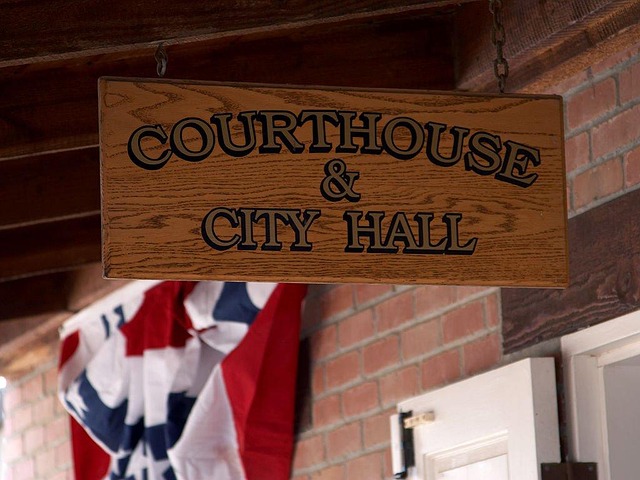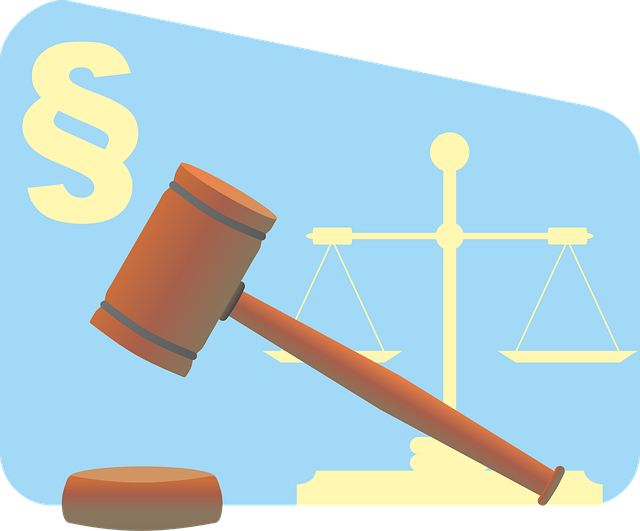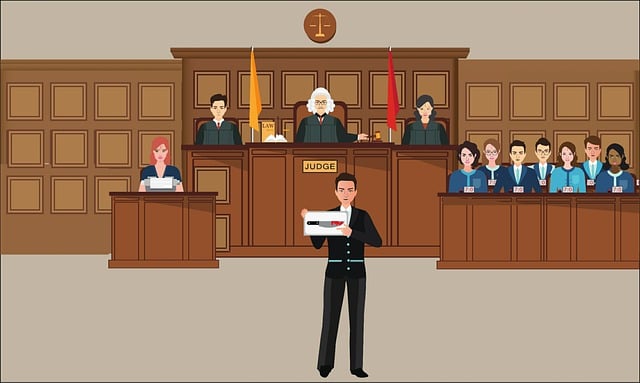Antitrust violation cases aim to maintain fair market competition by targeting businesses engaging in price-fixing or abusing dominant market positions, governed by frameworks like the Sherman Antitrust Act. Expert Lawyers in Environmental Compliance Disputes play a crucial role in these complex scenarios, interpreting regulations, navigating investigations, and potentially achieving charge dismissal. Their expertise helps balance corporate accountability with protecting individuals in white-collar defense cases. These lawyers are vital for strategic guidance, risk assessment, and achieving favorable outcomes in regulatory or court proceedings, ensuring compliance with stringent environmental laws. They enhance evidence gathering, provide deep legal insights, and build compelling narratives demonstrating anticompetitive effects, ultimately fostering fair market practices and protecting consumers.
“Antitrust violation cases are pivotal moments that shape competitive markets, impacting businesses across sectors. This article delves into the intricate world of antitrust law, offering a comprehensive guide to understanding key concepts, identifying common violations, and exploring strategic approaches to enforcement. From defining market power to analyzing price-fixing schemes, we uncover how expert lawyers in environmental compliance disputes play a crucial role in navigating these complex cases. Join us as we examine real-world examples, highlighting the long-term effects of significant antitrust violations.”
- Understanding Antitrust Violation Cases: Key Concepts and Definitions
- Common Types of Antitrust Violations and Their Impact on Businesses
- The Role of Expert Lawyers in Navigating Complex Environmental Compliance Disputes
- Strategic Approaches for Investigating and Prosecuting Antitrust Violations
- Case Studies: Notable Antitrust Violation Cases and Their Long-term Effects
Understanding Antitrust Violation Cases: Key Concepts and Definitions

Antitrust violation cases are legal battles centered around maintaining fair market competition. These cases involve businesses or individuals accused of engaging in anti-competitive practices, such as price-fixing, market division, or abuse of dominant market position. The primary objective is to protect consumers from excessive pricing and limit the power of large corporations. Understanding these cases requires a grasp of key concepts like market dominance, anti-competitive behavior, and the legal frameworks that govern them, such as the Sherman Antitrust Act in the United States.
Expert lawyers specializing in environmental compliance disputes are well-equipped to navigate these complex legal territories. They offer invaluable support in deciphering intricate regulations and legal precedents. For instance, their expertise can lead to a complete dismissal of all charges if they can prove that the actions were not anti-competitive or that the client acted in good faith. This is particularly relevant when dealing with white collar defense, ensuring businesses are held accountable without unduly punishing individuals for participating in practices deemed illegal under antitrust laws.
Common Types of Antitrust Violations and Their Impact on Businesses

Antitrust violations can take various forms, each with its unique impact on businesses and the market at large. One common type involves price-fixing schemes where competitors collude to manipulate prices, harming consumers and stifling competition. Another prevalent violation is market division, where companies agree not to compete in certain regions or sectors, leading to reduced choices for customers and higher costs.
These violations can have severe consequences, including substantial fines, legal repercussions, and damage to a company’s reputation. Expert lawyers specializing in environmental compliance disputes play a crucial role in navigating these complex cases. They guide businesses through all stages of the investigative and enforcement process, ensuring adherence to laws and regulations while mitigating potential risks. Moreover, their insights into white-collar and economic crimes help organizations implement robust internal controls and foster ethical practices, thereby strengthening their defensive positions against future antitrust challenges.
The Role of Expert Lawyers in Navigating Complex Environmental Compliance Disputes

When facing complex environmental compliance disputes, engaging expert lawyers specializing in white collar defense and general criminal defense is crucial. These attorneys play a pivotal role in navigating intricate legal landscapes, ensuring clients’ rights are protected and potential antitrust violations are accurately addressed. With environmental laws becoming increasingly stringent across the country, their expertise is invaluable.
Expert lawyers in environmental compliance disputes possess an in-depth understanding of regulatory frameworks, enabling them to offer strategic guidance tailored to specific cases. They employ advanced analytical skills to interpret complex regulations, identify potential risks, and develop robust defenses. Their experience allows them to anticipate challenges, design effective strategies, and represent clients before regulatory bodies or in court proceedings, ensuring the best possible outcomes.
Strategic Approaches for Investigating and Prosecuting Antitrust Violations

Investigating and prosecuting antitrust violations require strategic approaches that combine legal expertise with a deep understanding of market dynamics. One key strategy involves gathering comprehensive evidence, including financial records, internal communications, and expert analyses. Engaging expert lawyers in environmental compliance disputes can significantly enhance this process, providing insights into complex legal and economic aspects. These specialists are adept at navigating intricate regulatory landscapes and employing innovative strategies to uncover violations that might otherwise go undetected.
Additionally, successful prosecution often hinges on building a compelling narrative that demonstrates the anticompetitive effects of the violation. This includes showcasing how actions such as price-fixing or market division harm consumers and stifle innovation. By presenting strong evidence and persuasive arguments, achieving extraordinary results in antitrust cases becomes more feasible. Moreover, preparing for potential white collar and economic crimes jury trials requires meticulous case building and effective communication strategies to ensure a fair and just outcome.
Case Studies: Notable Antitrust Violation Cases and Their Long-term Effects

Notable antitrust violation cases serve as powerful case studies, offering valuable insights into the far-reaching impacts of breaking anti-monopoly laws. One such example is the Microsoft Corporation v. United States (1998) case, where Microsoft was accused of abusing its dominant market position in personal computer operating systems. The outcome, a historic settlement and structural divestiture, sent ripples through the tech industry. This case demonstrated the effectiveness of antitrust enforcement in promoting competition and preventing monopolies from stifling innovation.
High-stakes cases like these often require the expertise of top-tier lawyers specializing in environmental compliance disputes. Their strategic insights and litigation skills are crucial for navigating complex legal landscapes, ensuring that companies adhere to antitrust regulations. Through meticulous analysis and powerful arguments, expert lawyers play a pivotal role in achieving extraordinary results, whether through settlements or jury trials, ultimately fostering fair market practices and protecting consumers from anti-competitive behaviors.
Antitrust violation cases, as explored in this article, underscore the intricate balance between market competition and regulatory compliance. Understanding key concepts, recognizing common violations, and employing strategic approaches are vital to navigate these complex disputes. The role of expert lawyers in environmental compliance matters cannot be overstated; their specialized knowledge enables effective investigation and prosecution, ultimately shaping fair business practices. By studying notable case studies, we gain insights into the long-term effects of such violations, emphasizing the importance of proactive measures to prevent future antitrust transgressions.






